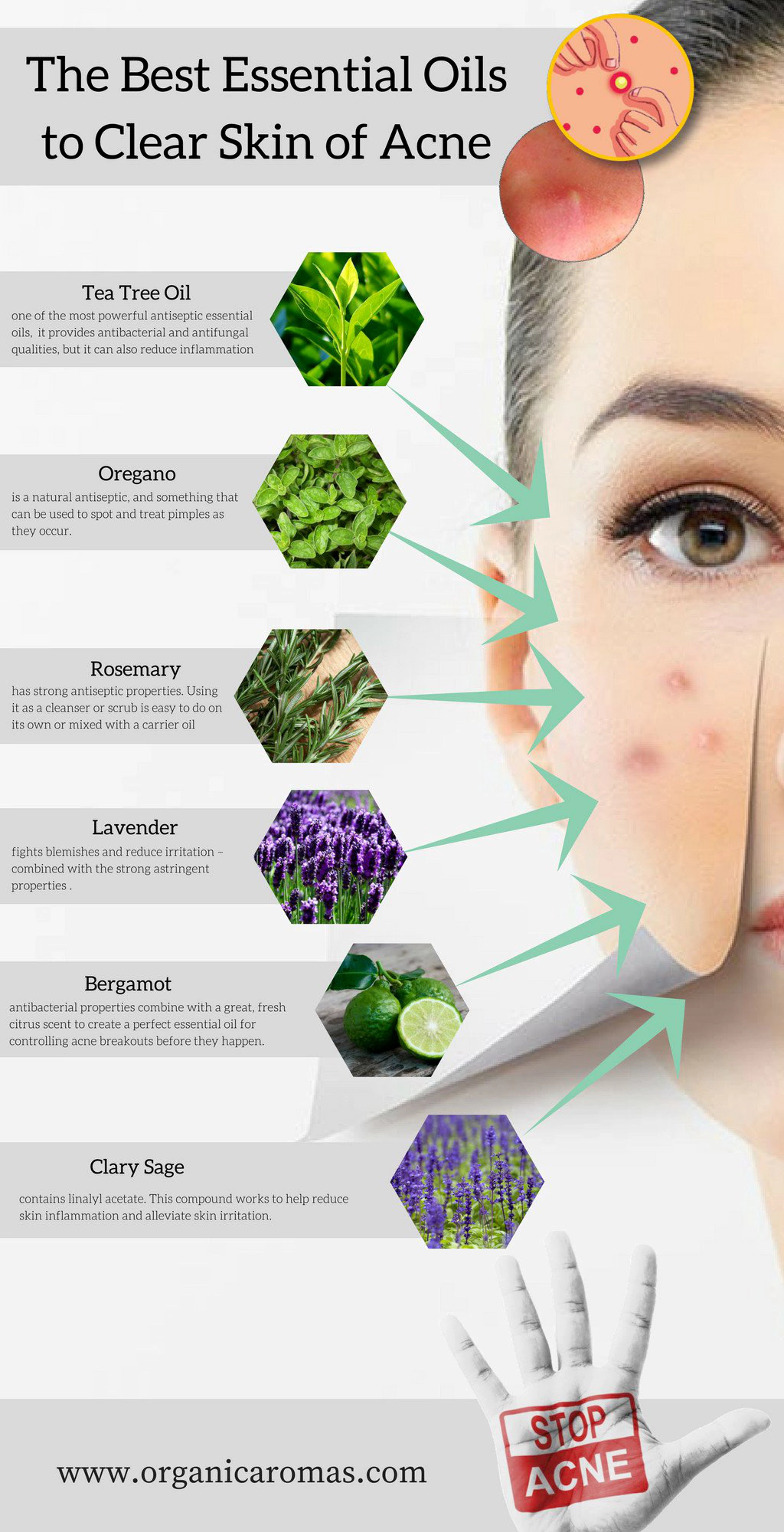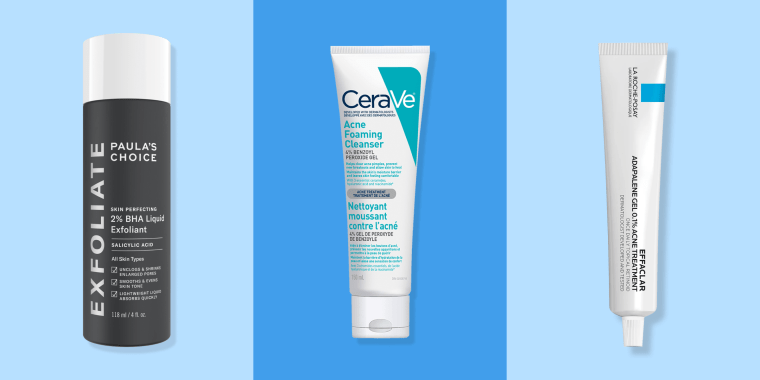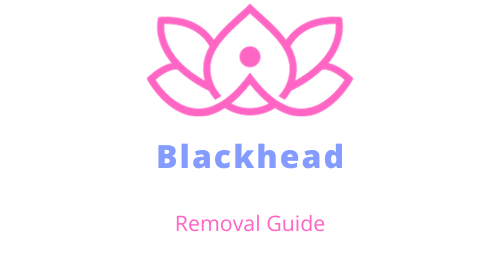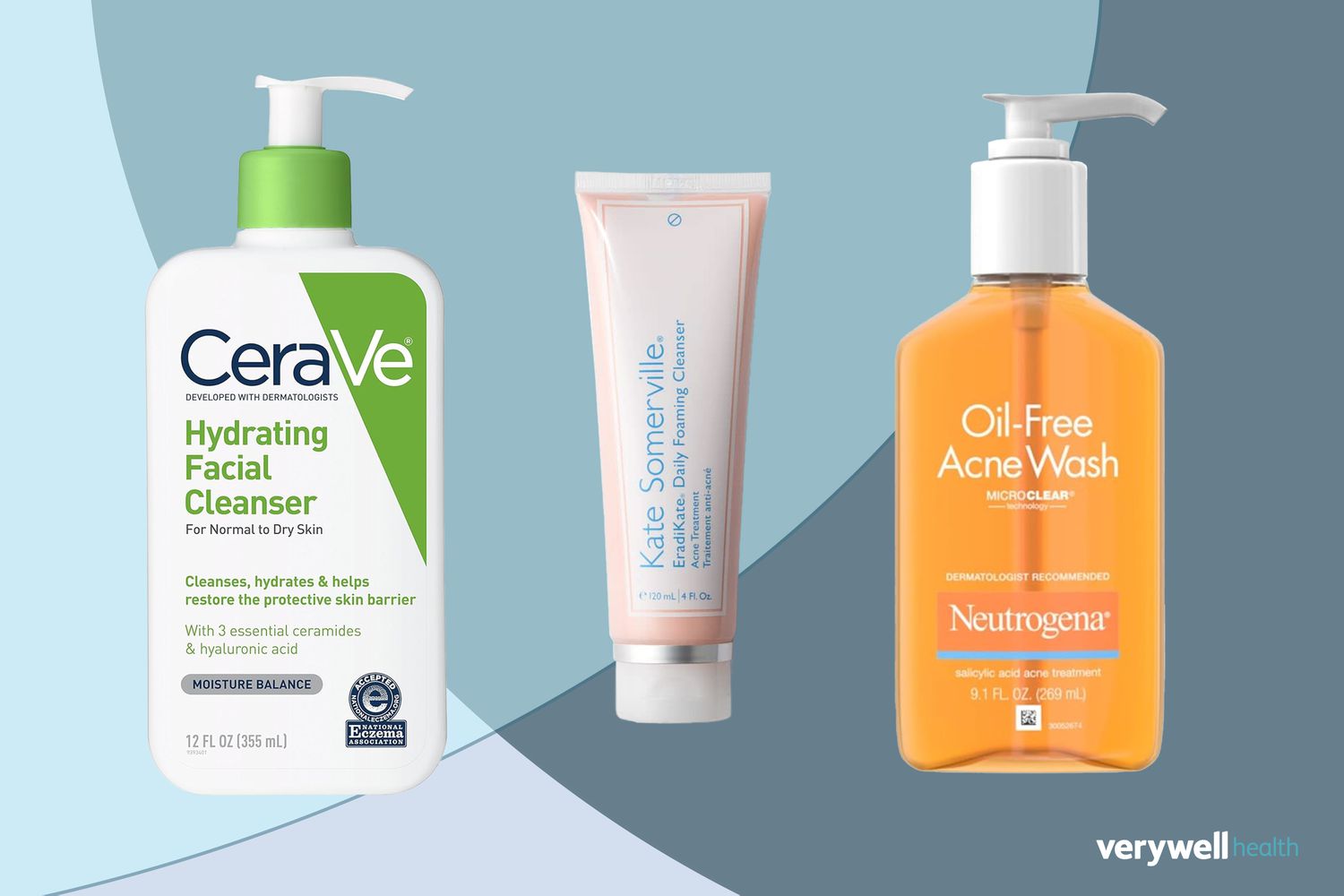Treating acne effectively often involves a combination of good skincare practices and medication. Salicylic acid, benzoyl peroxide, and retinoids are some of the best topical treatments for acne.
Acne, a prevalent skin condition, affects individuals of all ages and can be particularly challenging for teenagers and adults alike. Finding the best solution requires understanding the type and severity of your acne. A consistent skincare routine is crucial, including gentle cleansing, avoiding harsh exfoliants, and never picking at pimples.
Dermatologists may prescribe medications, such as antibiotics or hormonal treatments, for more severe cases. Lifestyle factors, including diet, stress management, and adequate sleep, also play a role in managing acne. It’s important to remember that treatments may take time to show results, and a tailored approach is often necessary for long-term improvement. Remember, consulting a healthcare professional is the best step to determine the right treatment for your skin type.
The Acne Predicament
Acne is more than skin deep. It can affect anyone, at any age. This common skin condition leads to pimples, blackheads, and inflamed patches of skin. The journey to clear skin can be frustrating. With the right approach, it’s a battle that can be won.
Common Misconceptions
Myths about acne can lead to ineffective treatments. Let’s debunk some:
- Only teenagers get acne – Not true. Adults get it too.
- Acne is just cosmetic – It can also hurt self-esteem.
- Wash your face more – Over-washing can irritate skin.
- It’s your diet – Foods are rarely the sole cause.
Acne’s Impact On Wellbeing
Acne can take a toll on one’s happiness. It’s not just a physical issue. It can lead to:
| Emotional Impact | Social Impact |
|---|---|
| Low self-esteem | Social withdrawal |
| Depression | Anxiety in groups |
| Embarrassment | Avoiding photos |
Understanding this impact is key to seeking the right help. Compassion and patience are essential.

Credit: banish.com
Skin Deep: Understanding Acne
Acne isn’t just a teenage issue; it affects people of all ages. This skin condition can be puzzling and stubborn, often leading to a hit-and-miss with treatments. To address acne effectively, diving into its causes and types is crucial. In this part of our blog, we’ll explore the various factors that contribute to acne and discuss its different forms and levels of severity.
Causes Of Acne
Several factors lead to acne, and they often work together. Here’s a breakdown:
- Hormonal changes during puberty or pregnancy
- Excess oil production by the skin’s sebaceous glands
- Clogged hair follicles from oil and dead skin cells
- Bacteria that can cause inflammation and infection
- Diet and certain medications that can influence skin health
- Genetics that dictate how your skin behaves
Types And Severity
Acne comes in different shapes and sizes. Let’s look at them:
| Type | Description | Severity |
|---|---|---|
| Blackheads | Open bumps filled with excess oil and dead skin | Mild |
| Whiteheads | Closed bumps under the skin | Mild |
| Papules | Small red, tender bumps | Moderate |
| Pustules | Papules with pus at their tips | Moderate |
| Nodules | Large, solid, painful lumps beneath the surface | Severe |
| Cysts | Painful, pus-filled lumps beneath the surface | Severe |
First-line Defenses
Acne troubles many people across the globe, affecting not just skin but also self-esteem. First-Line Defenses play a crucial role in combatting this common skin concern. These defenses include accessible treatments and daily habits that can significantly reduce acne outbreaks. Let’s explore how over-the-counter products and a consistent skincare routine serve as effective starting points in the fight against acne.
Over-the-counter Options
For those experiencing mild to moderate acne, over-the-counter (OTC) treatments are often the first step. Ingredients like salicylic acid and benzoyl peroxide are key warriors in this battle. They help to unclog pores and reduce inflammation. Here are some top OTC options:
- Salicylic Acid Cleansers: Exfoliate and prevent pore blockages.
- Benzoyl Peroxide Creams: Kill acne-causing bacteria and remove excess oil.
- Adapalene Gel: A topical retinoid that promotes skin cell turnover.
- Tea Tree Oil: A natural alternative with antibacterial properties.
Always patch test new products to ensure they do not irritate your skin.
Importance Of Skincare Routine
Establishing a daily skincare routine is vital for maintaining clear skin. A consistent routine removes impurities and combats acne before it emerges. Essential steps include:
- Cleansing: Wash your face twice daily to remove dirt and oil.
- Toning: Apply toner to balance the skin’s pH and tighten pores.
- Moisturizing: Hydrate the skin with a non-comedogenic moisturizer.
- Sun Protection: Use sunscreen to protect against harmful UV rays.
Remember, consistency is key. Stick to your routine for the best results. Choose products that are suitable for your skin type.
Prescription Solutions
When over-the-counter products don’t work, prescription solutions often come to the rescue. These treatments target severe or persistent acne. Dermatologists prescribe them after a thorough skin assessment. Let’s explore some of the most effective prescription options available.
Topical Medications
Doctors often start with topical medications for acne treatment. These creams, gels, or lotions work directly on the skin. They help to clear pores and reduce bacteria. They also decrease inflammation and prevent new pimples. Common ingredients include retinoids, benzoyl peroxide, and antibiotics.
- Retinoids: Speed up cell turnover to prevent clogged pores.
- Benzoyl Peroxide: Kills bacteria and removes excess oil.
- Antibiotics: Target and reduce acne-causing bacteria.
Oral Antibiotics
For more severe cases, oral antibiotics may be necessary. These medications fight the bacteria that cause acne from within. They also help to reduce inflammation. Doctors usually prescribe them for a short period to prevent resistance.
| Antibiotic | Function | Usage Duration |
|---|---|---|
| Tetracycline | Targets bacteria and reduces redness. | 3-6 months |
| Doxycycline | Fights bacteria and inflammation. | 3-6 months |
| Minocycline | Effective against a wide range of bacteria. | Varies |
Always follow your dermatologist’s advice. Take antibiotics as directed. Never use them longer than prescribed. Doing so helps prevent antibiotic resistance and maintains their effectiveness.
Hormonal Interventions
Acne can often be a stubborn foe, but hope shines with hormonal interventions. These tactics target the root causes of acne. They balance the hormones that can lead to breakouts. This section delves into two powerful hormonal interventions. Let’s explore how birth control pills and anti-androgen drugs can help.
Birth Control Pills
Birth control pills can be a game-changer for acne treatment. They regulate hormones that cause oil production. This helps to reduce pimples. Many pills contain estrogen and progestin. These hormones help clear the skin. Doctors might prescribe these pills for acne management. Remember, a healthcare professional should always guide your choice.
- Reduces oil production in skin
- Controls hormones causing acne
- Often combined with other acne treatments
Anti-androgen Drugs
Anti-androgen drugs target hormones called androgens. These hormones can increase oil in the skin. By blocking them, these drugs can lessen severe acne. They are sometimes used when other treatments fail. Spironolactone is a common anti-androgen drug. It’s important to discuss these options with a healthcare provider.
| Drug Type | Function |
|---|---|
| Anti-androgen | Blocks hormones causing oil production |
Advanced Treatment Options
When battling stubborn acne, advanced treatment options can be a game-changer. These powerful solutions target the root causes of acne, offering hope for clearer skin. Let’s explore some of the most effective advanced treatments available today.
Isotretinoin
Isotretinoin, known for its brand name Accutane, stands as a potent oral medication. It’s often reserved for severe, treatment-resistant acne. This vitamin A derivative works by diminishing the size of oil glands, reducing oil production, and preventing pores from becoming clogged.
- Reduces acne breakouts significantly
- Improves skin texture
- Minimizes the chance of acne scarring
It is crucial to use Isotretinoin under strict medical supervision due to possible side effects, including dry skin and an increase in cholesterol levels.
Laser And Light Therapies
Laser and light therapies offer a non-invasive approach to acne treatment. These advanced techniques use focused light to penetrate the skin, targeting acne-causing bacteria and reducing inflammation.
| Therapy Type | Benefits |
|---|---|
| Blue Light Therapy | Kills bacteria, treats existing acne |
| Pulsed-Dye Lasers | Minimizes redness, improves healing |
| Infrared Lasers | Penetrates deeper, reduces oil production |
These treatments are often painless and require no downtime, making them a convenient option for many individuals. Multiple sessions may be necessary for best results.
Spotlight On Diet And Lifestyle
When tackling acne, diet and lifestyle often play a crucial role. Clear skin starts from within. Let’s shine a light on how a few tweaks to what we eat and how we live can make a big impact. Ready for a fresh start? Dive into a world where your kitchen and daily habits become your allies in the fight against acne.
Dietary Changes
What you eat matters. Research suggests that certain foods can either soothe or spark acne. Let’s break down the essentials:
- Cut down on dairy and sugar – These can trigger breakouts.
- Embrace whole foods – Think fruits, veggies, lean proteins, and whole grains.
- Stay hydrated – Drink plenty of water to help flush out toxins.
Consider foods rich in zinc, vitamins A and E, and antioxidants. These nutrients are skin superheroes. Need a cheat sheet? Here’s a quick table:
| Nutrient | Food Sources |
|---|---|
| Zinc | Pumpkin seeds, lentils |
| Vitamin A | Carrots, sweet potatoes |
| Vitamin E | Almonds, spinach |
| Antioxidants | Berries, green tea |
Exercise And Stress Management
Keep moving and stay calm. Exercise increases blood flow, helping to nourish skin cells. It also tackles stress, a known acne trigger. Here’s how to integrate these into your routine:
- Get active daily – Aim for at least 30 minutes of activity.
- Choose activities you enjoy – Whether it’s yoga, jogging, or dancing, love your workout.
- Practice mindfulness – Meditation and deep breathing exercises can lower stress levels.
Remember, consistency is key. Make these practices a regular part of your life for best results. Your skin will thank you!

Credit: organicaromas.com
Natural Remedies And Alternative Medicine
Acne can be stubborn and frustrating, but nature offers a variety of gentle solutions. Natural remedies and alternative medicine often provide a holistic approach to skincare. These solutions focus on balancing the body’s natural systems and promoting skin health without harsh chemicals.
Herbal Applications
Herbs are powerful allies in the fight against acne. They can reduce inflammation, fight bacteria, and improve skin health. Here are some top herbal remedies:
- Tea Tree Oil: Known for its antibacterial properties, it helps clear clogged pores.
- Green Tea Extract: Rich in antioxidants, it reduces inflammation and acne severity.
- Aloe Vera: Soothes the skin and reduces redness and irritation.
- Witch Hazel: Acts as an astringent to remove excess oils and tighten pores.
Apply these herbs directly to the skin or look for skincare products that contain these natural ingredients.
Mind-body Practices
Mind and body are connected. Stress can trigger acne, so managing stress is key. Try these practices:
- Yoga: Combines physical poses with breathing exercises to reduce stress.
- Meditation: Helps calm the mind and reduce stress-related acne flare-ups.
- Acupuncture: Traditional Chinese medicine technique that may balance hormones and reduce acne.
Regular practice can lead to clearer skin and a calmer mind.
Navigating Treatment: What To Consider
Dealing with acne can be a challenging journey. Finding the right treatment requires patience and knowledge. Various factors influence the effectiveness of acne solutions. These include skin type, acne severity, and lifestyle. It’s essential to understand what works best for your unique situation. This guide will help you make informed decisions about your acne treatment plan.
When To See A Dermatologist
Not all acne is equal. Mild cases may improve with over-the-counter products. Persistent or severe acne needs a dermatologist’s attention. Look for signs like deep cysts, scarring, or if your acne worsens. A dermatologist can offer customized treatments. These may include prescription medications or procedures. They can also provide guidance on lifestyle changes that may improve your skin.
Evaluating Treatment Efficacy
Tracking progress is key in any acne treatment plan. It’s important to give treatments enough time to work. This is typically several weeks. Be vigilant about changes in your skin. Notice improvements or any new concerns. If your acne doesn’t improve within the expected timeframe, it may be time to adjust your treatment plan. Keep a journal or take photos to monitor your skin’s response to the treatment.
- Start with a baseline photo of your acne
- Take consistent weekly photos in the same lighting
- Record any side effects or improvements
- Discuss these observations with your dermatologist
Prevention Better Than Cure
Dealing with acne can be challenging. But, tackling it before it flares up is key. Good habits can help prevent acne. They keep skin healthy. Let’s explore daily care and lifestyle choices that fend off breakouts.
Daily Skin Care Tips
Maintaining a daily routine is vital. It keeps skin clean and pimple-free. Here are tips that work wonders:
- Wash your face twice daily with a gentle cleanser.
- Use non-comedogenic moisturizers to prevent clogged pores.
- Exfoliate weekly to remove dead skin cells.
- Avoid touching your face to reduce bacteria transfer.
- Choose makeup that’s oil-free and non-acnegenic.
- Remove makeup before bedtime to let your skin breathe.
Lifestyle Modifications For Prevention
Lifestyle plays a big role in preventing acne. Small changes can make a big difference:
- Stay hydrated. Drink plenty of water throughout the day.
- Eat a balanced diet rich in fruits, vegetables, and lean proteins.
- Limit sugary foods and dairy products as they might trigger acne.
- Manage stress through activities like yoga, meditation, or hobbies.
- Get enough sleep. Aim for 7-9 hours each night.
- Avoid smoking and limit alcohol intake.

Credit: www.nbcnews.com
Frequently Asked Questions
How To Clear Up Acne Fast?
To clear acne fast, wash your face twice daily with a gentle cleanser. Apply an over-the-counter benzoyl peroxide or salicylic acid treatment. Avoid picking or squeezing pimples. Keep your hair and hands away from your face. Consult a dermatologist for persistent acne.
What Is The Best Thing To Use For Acne?
The best treatment for acne varies, but salicylic acid or benzoyl peroxide are top over-the-counter options. Consult a dermatologist for personalized advice.
What Kills Acne Completely?
There’s no guaranteed method to “completely” kill acne. However, consistent treatment with topical retinoids, benzoyl peroxide, or salicylic acid can significantly reduce or eliminate acne. Consult a dermatologist for severe cases; they may prescribe antibiotics or isotretinoin.
What Fights Acne Fast?
Salicylic acid, benzoyl peroxide, and tea tree oil are effective acne-fighting ingredients. Use spot treatments for quick results, and maintain a consistent skincare routine. Always consult a dermatologist for severe acne.
Conclusion
Navigating the journey to clear skin can be challenging. A tailored skincare routine, healthy diet, and professional advice are key. Remember, patience and consistency are your allies in combating acne. Start your path to a blemish-free complexion today—your skin deserves it.

